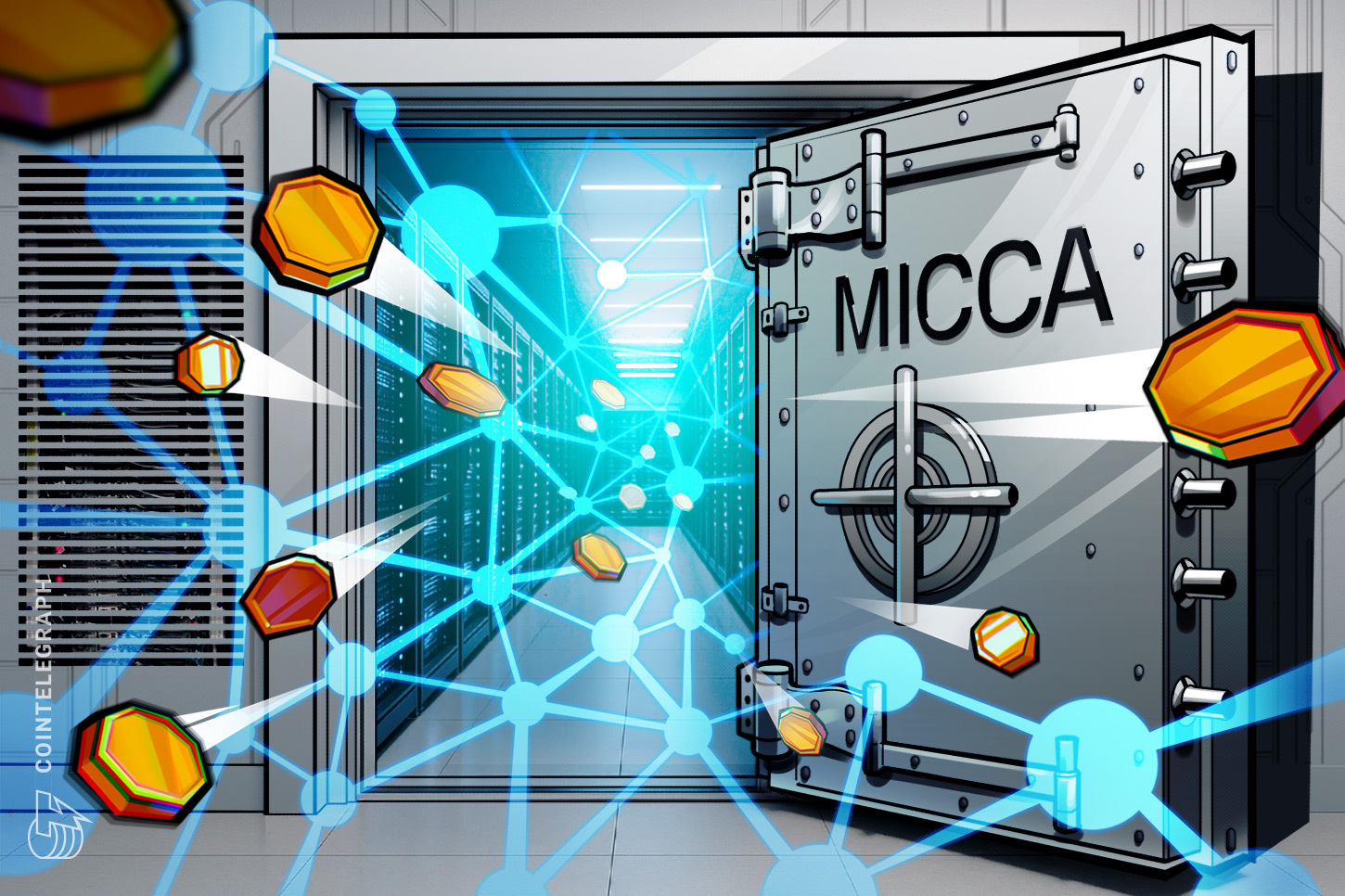Sponsored Content
Micca provides a self-hosted, white-label tokenization platform that enables financial institutions to create and manage regulated digital assets while maintaining full control over their data, infrastructure and compliance.
Real-world asset tokenization can unlock trillions of dollars in illiquid markets, making them more accessible and efficient. However, for regulated financial institutions, this opportunity comes with a set of pressing challenges.
Such institutions must navigate varying and often complex compliance rules across different jurisdictions while ensuring data sovereignty and maintaining full operational control.
Many early tokenization platforms relied heavily on third-party cloud providers and were unable to meet the strict requirements of regulated institutions — particularly in Europe, where laws prohibit storing sensitive data on U.S.-based infrastructure.
This created a significant need in the market for a solution that puts regulated entities in complete control instead of platform providers. It’s this gap that Micca, a fully self-hosted white-label tokenization platform, was built to fill.
Designed for financial institutions and asset managers, Micca provides the infrastructure to create, list and manage tokenized assets, emphasizing regulatory compliance and operational independence.
An infrastructure built for institutional control
Micca’s architecture is fundamentally different from many software-as-a-service (SaaS) tools. The platform is designed to be self-hosted, meaning it runs entirely on the client’s own servers.
This approach eliminates reliance on third-party providers and gives institutions full control over their data, security and infrastructure, which is a critical requirement for operating in regulated financial markets.
The platform is also a full white-label solution, allowing operators to customize the branding and user interface completely to create a professional and trusted investor experience.
This is coupled with integrated compliance tools, including built-in Know Your Customer (KYC) and Anti-Money Laundering (AML) workflows, which are essential for managing regulated security tokens.
From a single asset to a digital marketplace
Apart from these, Micca recently launched a multi-project tokenization module. This new feature enables a single operator to manage and run multiple security token offerings (STOs) in parallel from one unified back end, effectively allowing the building of personal, compliant multi-asset marketplaces.
Micca’s model has already been proven in the market. The platform’s first client was real estate developer Fundament. The developer used Micca in 2019 to launch the first real estate-backed security token approved by Germany’s financial regulator, BaFin.
The successful offering raised capital for a €250 million portfolio of German properties, demonstrating the power of compliant tokenization at scale. Since then, other platforms like investment companies Intokia and Bitalo have also adopted Micca as their underlying infrastructure for tokenization.
“We believe tokenization will become the standard for asset management and fundraising in the next decade,” says Maximilian Schmidt, CEO of CPI Technologies GmbH, the company behind Micca, continuing:
“Our mission with Micca is to give institutions and entrepreneurs the tools to operate their own compliant, secure and scalable tokenization platforms — without dependence on third-party providers.”
With a roadmap focused on expanding blockchain integrations and developing advanced secondary market modules, Micca is building tools for a future where finance is more accessible and liquid. By providing the infrastructure that allows regulated entities to maintain full sovereignty, such initiatives are laying the essential groundwork for the widespread adoption of tokenized assets.
Disclaimer. Cointelegraph does not endorse any content or product on this page. While we aim at providing you with all important information that we could obtain in this sponsored article, readers should do their own research before taking any actions related to the company and carry full responsibility for their decisions, nor can this article be considered as investment advice.
Disclaimer.This content is part of a paid partnership. The text below is a sponsored article that is not part of Cointelegraph.com editorial content. The material is written by our advertorial team and has undergone editorial review to ensure clarity and relevance, it may not reflect the views and opinions of Cointelegraph.com. Readers are encouraged to conduct their own research before taking any actions related to the company. Disclosure.


